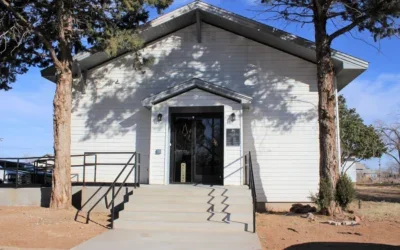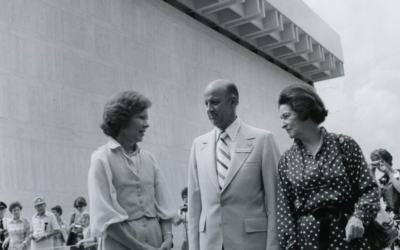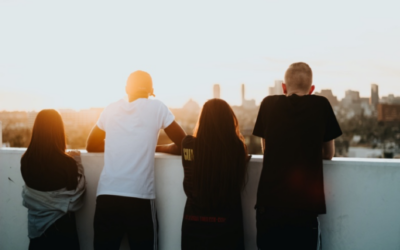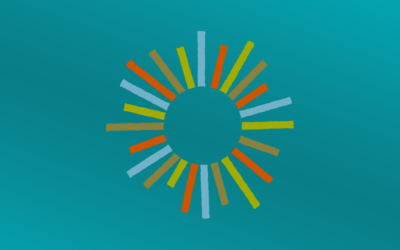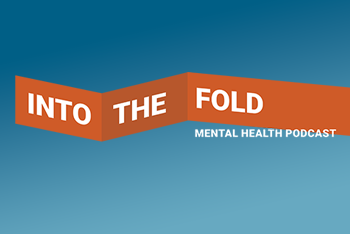This blog post is guest authored by Doug Beach, executive director of NAMI Greater San Antonio. He will be presenting at the Robert Lee Sutherland Seminar as part of the Building Partnerships and Collaboration track. The views expressed in this blog post are those of the author. The content has been lightly edited for length and clarity.
The session you’ll be presenting is “Stronger Together: Building Mental Health Networks Across Congregations, Youth, and Community Partners.” What are some of your goals for the session and what do you hope attendees will take from it?
I hope to inspire the audience to build mental health networks in their own communities; help them understand the impact that community-based, grass roots programs can make on an individual’s path toward mental wellness; and help them think through how they would go about building, nurturing, and developing sustainable networks.
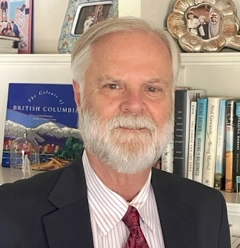
How do you define “mental health network,” and what’s an example of one in action?
A mental health network could be a collaboration of neighbors and organizations that are near you, groups that you may already have a connection with. One example would be a group of faith communities that work with each other, with a middle school, and with a community college to provide mental health education and navigation to resources.
What’s unique about your approach to your work?
We work with faith communities in close proximity to one another to build awareness, understanding, and support. By coming together in neighborhoods there’s a common bond and a shared knowledge of what the neighborhood needs. The uniqueness is in being able to sustain the work by training and developing community members to become advocates and mental health champions.
Can you share one personal anecdote that testifies to the impact you’re trying to make?
One pastor told me, “Before we took your classes, we didn’t have the words to talk about mental illness. We didn’t know what it was. Once I learned the signs and symptoms, I realized my own son had serious depression. We learned where to get help for him and today he is living the best version of his life possible. It was all because you helped us learn how to help ourselves. Now we can help others.”
City of Sundown: Well-Being Connector
A’ndrea McAdams on the City of Sundown Library’s unique standing as a community hub and well-being lifeline.
Mission Accomplished: Centering Dignity
An interview with Ebonie Trice about Mission Accomplished’s focus on dignity, connection, and trust.
Rosalynn Carter: Her Legacy as a Mental Health Champion Lives On
An unwavering, steadfast leader, champion, and advocate for mental health. That was Rosalynn Carter.
Youth Leadership
February is Youth Leadership Month. In this episode of our Into the Fold podcast, we talk with three young people who are change-makers in their communities.
Resources from the Working Together for Rural Well-being Seminar
Check out tools to aid inclusive community collaboration and trust-building.
Reflections from the Working Together for Rural Well-Being Seminar
Community collaboration and engaging historically excluded groups were themes of this seminar.

